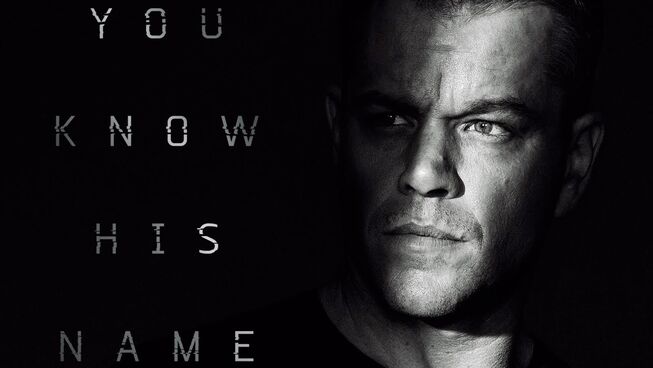
5 out of 5 stars
Iranian director Asghar Farhadi has won Best Foreign Language film at the Oscars twice in the last 10 years. First with A Separation in 2011, and again in 2016 with The Salesman. In both those films and his wider work body, Farhadi initially presents simple predicaments that slowly spiral into deeper moral complexities. A Hero is another film in this vein that proves Farhadi truly is a master of layering problem upon a problem in a believable descent into broken, fractured results. A result that is captivating once you get past the one-centimetre barrier that is the subtitles.
A Hero follows Rahim, a man consistently down on his luck, in prison because of a debt he was unable to repay. During a two-day leave, he tries to convince his creditor, his former father-in-law, to withdraw his complaint against the payment of part of the sum. This will allow him to leave prison and return to his young son and sister’s family. As Rahim leaves the prison on his first day of leave, he meets up with his girlfriend, who has found a lost handbag filled with gold coins. The two decide to sell the coins to a gold exchange to try and pay off part of his debt. However, after some signs that maybe this is not the moral thing, Rahim has a change of heart and decides to return the handbag.
He contacts the local bank near where the handbag was found to ask if anyone has come looking for it. They tell him no one has come, but they can put up some posters. When asked what number to contact, he gives them the prison wardens number, expecting that he will be back in prison when someone calls. Sure enough, the prison gets a call from a woman, who correctly identifies the handbag as hers and travels to his sister’s house to retrieve it. Whilst there, she discloses that she has been hiding the gold from her husband and is saving it to eventually leave him. Now aware of Rahim’s selfless deed in not taking the bag for himself to absolve his own debt. The staff at the prison begin to parade him to local TV and newspapers as ‘a hero’.
But due to Rahim’s track record of being in debt, and not being the most trustworthy, rumours begin to swirl that the whole thing was staged. His creditor is the loudest of these dissenters, asserting that there is no way that Rahim could be so selfless. Matters become more complicated when the woman cannot be found again, and Rahim’s story becomes harder and harder to confirm. Suddenly, all those praising Rahim are implicated in potential fraud, and begin trying to save themselves and disown him. The film continues in this spiral of doubt, distrust, disloyalty and selfish desire.
The film asks the audience to wrestle with their assumptions and expectations. Initially, it seems to be a good Samaritan tale, but devolves into the boy who cried wolf. Ultimately, leaving us to wrestle with what the audience knows really happened, compared to the final judgement of the characters. Asghar Farhadi directs and writes confidently to present a real, empathetic situation. This becomes a fascinating lens into Iranian legal processes and their honour/shame culture. Yet, it is powerfully a view into the life of an empathetic lead who is just trying to make his life better.
Reel Dialogue: Why do we reject the truth?
Living in a sceptical postmodern world, the question of what is truth is constantly raised. Postmodernists claim that truth is power used to subdue and that everything is a matter of opinion. But if you’ve ever been lied to, then you will know that truth is real.
Truth is indeed power, but we often reject the truth because we don’t want to be subject to it. But there is only one author of truth who is power truly matters: Jesus. And he uses that power not to subdue but to save. The truth is that Jesus is king. That truth comes from God. That truth changes lives and brings unity.
In A Hero, people go to incredible lengths to discern the truth relating to a returned handbag. Is it not equally worth going to such lengths to determine the validity of the claims of Jesus? If you doubt this truth, I encourage you to explore it further.
““You are a king then?” Pilate asked. “You say that I’m a king,” Jesus replied. “I was born for this, and I have come into the world for this: to testify to the truth. Everyone who is of the truth listens to My voice.” “What is truth?” said Pilate.” John 18:37-38





